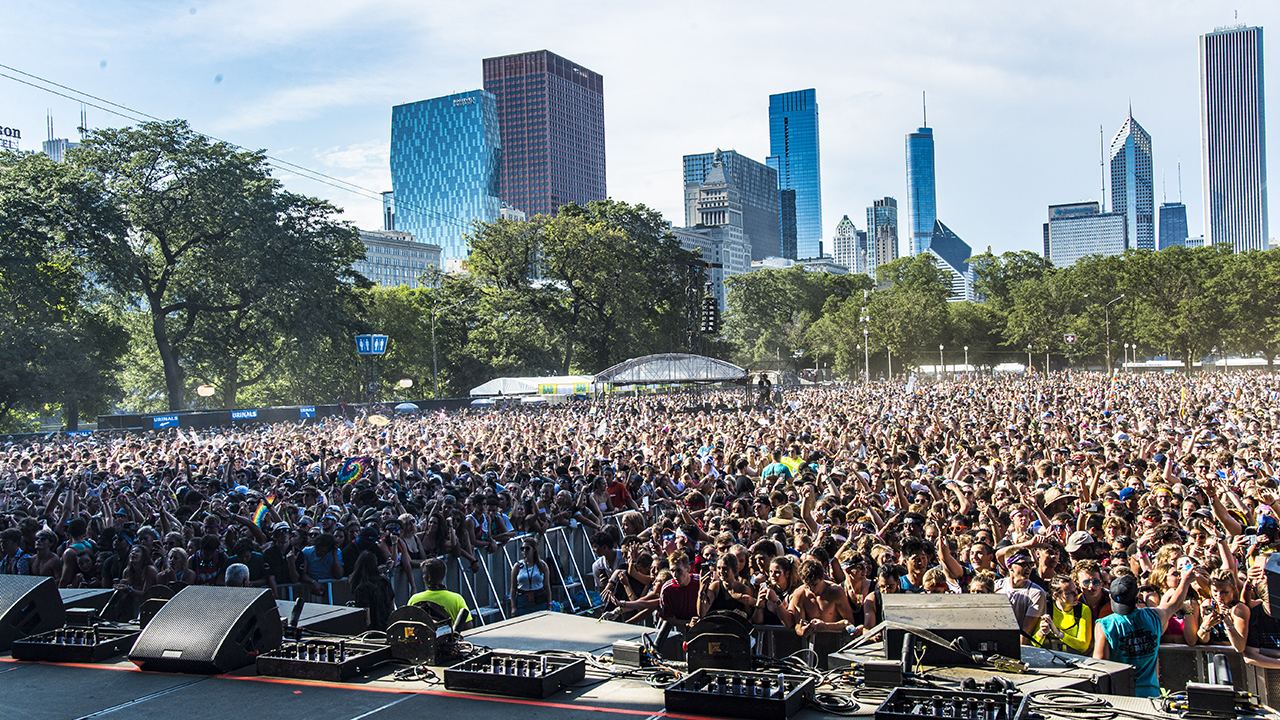Illinois 2020 election threats include hacking, disinformation, security experts say
CHICAGO (WLS) -- As Illinois authorities gear up for next month's primary, an influence campaign is emerging, attempts to disrupt democracy across the country in 2020. Experts warn that cybercriminals are increasingly targeting not just voting networks and equipment but actual voters. It's a problem that's moved beyond just securing the ballot box.
Chicago election authorities are testing brand new voting equipment with sample ballots, using made up questions and fake candidates to get ready for real challenges as 2020's election season heats up.
"We feel that we have the most comprehensive contingency plan anywhere in the United States," said Jim Allen, Chicago Board of Election Commissioners spokesman. "We have all the confidence in the world that with the paper ballots we can recover from anything."
In 2016, Illinois was ground zero for foreign election interference. Federal authorities charged a Russian military hacking group with penetrating the state's voter registration database in the summer before the presidential election. It's still unknown why the hackers targeted us.
RELATED: After Illinois attack by Russian hackers in 2016, feds spotlight state in 2020

"That turned the world upside down here," said Matt Deitrich, Illinois State Board of Elections spokesman. Now election officials here have hired ten so-called "cyber navigators" -to make sure every election authority's security is capable of defending against potential threats. "All it's going to take is any type of cyber incident at any type of election authority anywhere in the United States for this to erupt into a national story," said Dietrich.
The Illinois National Guard's specially trained cybersecurity unit based in Bloomington is tasked with helping defend against Election Day intrusions. But the I-Team has learned they'll be deployed near Washington D.C. in the fall, so they're having to train new team members.
"We're very confident in the team that we have that we'll be able to support this going forward," said Brig. Gen. Richard Neely, Commander of the Illinois National Guard. "What we're really trying to do is build the best defense we can."
"All we can do is hope we're staying one step ahead of hackers or others who would want to create any kind of mischief," said Deitrich.
Last summer, an organization of hackers called DEF CON demonstrated vulnerabilities in U.S. voting equipment.
Authorities in Illinois said actual machine hacking is unlikely and Illinois paper ballots are the ultimate backup in case of disaster.
"If I gave you the keys to my house, yeah, you could take apart my refrigerator and rewire the stove and do all kinds of things if you had unfettered access and with no witnesses; that scenario is not really likely in a polling place," said Allen.
Experts say there's another front in the elections security battle: digital political ads targeting individual voters with specialized messages on social networks.
Illinois Tech research professor Anita Nikolich said securing the 2020 election requires educating voters.
"Disinformation is pervasive, it doesn't matter your race, your gender, your education level, everybody is susceptible," said Nikolich. "When you get a story in your Facebook feed or on your Instagram you're not going to realize that the source of it may not be who you think it is and the intent of it may not be what you think it is."










